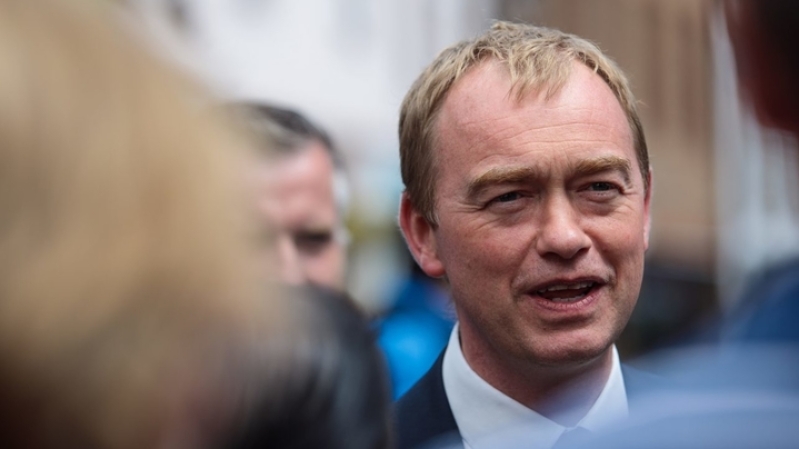
The head of the UK's Liberal Democratic Party has announced his resignation, explaining that the party's stance on issues like gay marriage and abortion has made it "impossible" for him to live as a "committed Christian."
Tim Farron announced his resignation on Wednesday, according to The Telegraph.
"To be a political leader - especially of a progressive, liberal party in 2017 - and to live as a committed Christian, to hold faithfully to the Bible's teaching, has felt impossible for me," said Farron.
Farron, a devout Christian on the evangelical wing of the Church of England, made the announcement following continued media attention surrounding his answers to press questions on abortion and homosexuality, according to The Guardian.
"The Liberal Democrats, despite their very public embrace of toleration and live-and-let-live values, have a track record as a party of making life uncomfortable for those with a faith that is unmatched in either of the other two main parties," notes the outlet.
Earlier this month, Farron was confronted on the issue of same-sex relationships when a listener who called into LBC radio accused the politician of thinking "homosexuality is a sin".
"My personal faith is my personal faith," Farron responded. "A person who is a leader of a political party, it's their job, as someone who is passionate about LGBT+ rights, prove it by your actions, not by your words. And my actions are absolutely, 100 percent about defending LGBT+ rights."
In announcing his resignation, Farron noted the "scrutiny" he faced when "asked about matters to do with my faith," and said he felt unable to remain Christian in the current environment and could not benefit the party in its mission of upholding everyone's rights.
The the scrutiny of his faith in the public eye, he said, drew away attention from the message of the Liberal Democratic Party, which he identified as "defending the rights and liberties of people who believe different things to me."
"I felt guilty that this focus was distracting attention from our campaign, obscuring our message," he said, adding that "we are kidding ourselves if we think we yet live in a tolerant, liberal society."
He clarified that he disagrees with "Christians in politics who take the view that they should impose the tenets of faith on society," saying that this is "counterproductive when it comes to advancing the gospel."
Farron said he would hold his position until the parliamentary recess begins next month and encouraged his successor to "fight for a Britain that is confident, generous and compassionate."
"My successor will inherit a party that is needed now more than ever before. Our future as an open, tolerant and united country is at stake."
A number of political and religious leaders have voiced support for Farron in the wake of his announcement: "If he can't be in politics," tweeted the archbishop of Canterbury, Justin Welby, "media and politicians have questions".
Theos, the think tank supported by church leaders, described his resignation as "highlighting what a growing number of people in Britain now recognize: that it is becoming increasingly difficult for Christians to hold public office".
Simon Hughes, formerly the party's deputy leader, said "it became unfairly difficult that Tim was put in the firing line and felt that he couldn't adequately do justice to his faith while upholding the liberal values that he has argued for all his life."
"It would be the same for people of other faiths who have strong faith views, where there are issues that are very controversial within that faith community," he told the BBC.






